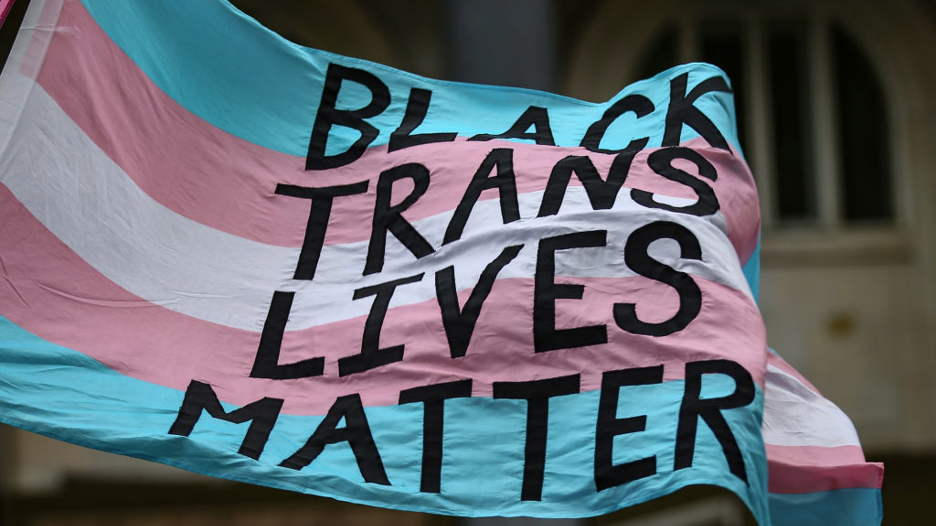The Keira Bell judgment, which said that children are unlikely to be able to give informed consent for taking puberty-blocking drugs, ‘puts trans people everywhere’ at risk. That’s the verdict of Grace Lavery, a professor of English, critical theory, and women’s studies at the University of California, Berkeley. From the other side of the Atlantic, Lavery described the case in an article for Foreign Policy as ‘an unprecedented juridical attack on the LGBT community in the U.K.’ It is, of course, nothing of the sort.
The High Court determined that children as young as 12 were highly unlikely to be competent to understand and weigh the long-term risks of receiving such radical treatment. As such, the judges decided that ‘we consider that it is appropriate that the court should determine whether it is in the child’s best interests to take PBs (puberty blockers).’ That was it. It was a wise judgment that put the interests of children first; it was not an attack on LGBT people.
Lavery and I are both transgender, but I live in the UK and I do not recognise any ‘escalation of anti-transgender policy’ that Lavery writes about. The UK is a safe and welcoming place for transgender people. The Equality Act protects us against harassment and discrimination, while the Criminal Justice Act imposes a duty upon courts to increase the sentence for any offence motivated by hostility to transgender people.
According to statistics produced for Transgender Day of Remembrance, no trans people were murdered in the UK in the last year. The comparable figure for the USA was 28. Perhaps Lavery – who was born in the West Midlands but now lives in New York – should spend less time panicking about the UK, and campaign for the safety of transgender people in the USA.
It was clear that Lavery’s research had been limited. For example, GIDS does not typically use Lupron to block puberty – as Lavery appears to suggest – but triptorelin, a different drug. It is also deeply irresponsible for a professor of English to repeat the claim that the effects of puberty blockers are reversible. As a teacher of physics, I defer to the NHS who explain that ‘little is known about the long-term side effects of hormone or puberty blockers in children with gender dysphoria.’
Perhaps the real reason for Lavery’s concern is that the progress made in the UK to protect children from making life-changing decisions before they are old enough to understand the consequences might be picked up in the USA? Similarly, the progress made by women’s groups such as Woman’s Place UK (named by Lavery) and forwomen.scot might be replicated by American women?
Those groups have challenged the extremes of transgender ideology and balanced a debate that had previously centred on the trans lobby to the detriment of women. That was never going to yield a settlement in which everyone, including transgender people, could be confident.
While Lavery moans about the UK press, with a special mention for The Spectator, it is here that debate is at least allowed. What’s more, there seems some irony in Lavery’s piece linking to mine in an article making a claim that this judgement is an attack on trans people. This trans person for one disagrees.
But there is also a broader problem with Lavery’s argument; it is baffling. The piece concludes as follows:
‘There are complexities in the relation between social type and logical category—indeed, that problem has been central to philosophy since Aristotle—but the naive insistence on the self-evidence of natural types is a path to confusion. That’s the route that the court in Bell v. Tavistock took into an erroneous decision that endangers the lives and well-being of sexual minorities, while flattering the sensibilities of those who believe fertility, rather than self-determination, is what makes a woman’s body worth preserving.’
Grace Lavery
My subject is physics rather than English, and I am reminded of something that Einstein once said, ‘If you can’t explain it simply, you don’t understand it well enough.’
In this case, the truth is clear, and I can explain it simply. There are two sexes. Some of us might struggle with our sex – and a compassionate society can accommodate us – but that does not mean we are the opposite sex.
The Bell v Tavistock judgment protected children from making premature decisions. And women are adult human females, same as they ever were. So no: the High Court’s verdict isn’t a victory for transphobia, but one for common sense.
Debbie Hayton is a transgender teacher and journalist.
* This article was first published by The Spectator on 18 December 2020: What this academic gets wrong about trans rights in Britain.

3 replies on “What this academic gets wrong about trans rights in Britain”
This is excellent, thank you for continuing to draw misinformation to the wider public’s attention. It’s happening across many spheres currently, and much is coming from the US, we need to keep highlighting and explaining these inflammatory pieces for what they really are.
LikeLiked by 1 person
Thank you for your kind words about my piece.
LikeLike
Good quote from Einstein – should send that one to Judith Butler 🙂
LikeLike